Leading change
LGBTI student rights violation
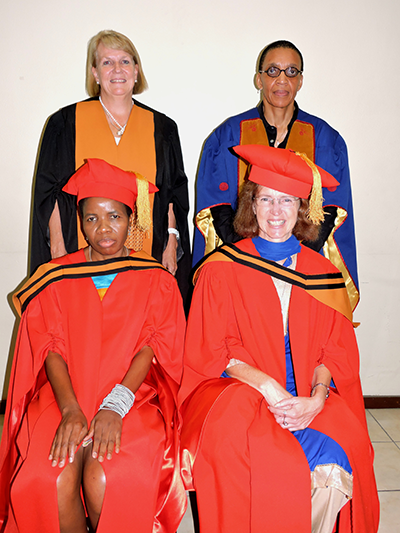 “After climbing a great hill, one only finds that there are many more hills to climb.” This Nelson Mandela quote is how Prof Azwi Mavhandu-Mudzusi began her inaugural lecture, entitled LGBTI Students’ rights violation and its impact on combating HIV/AIDS. The lecture took place on 23 February 2017 at Unisa’s Senate Hall.
“After climbing a great hill, one only finds that there are many more hills to climb.” This Nelson Mandela quote is how Prof Azwi Mavhandu-Mudzusi began her inaugural lecture, entitled LGBTI Students’ rights violation and its impact on combating HIV/AIDS. The lecture took place on 23 February 2017 at Unisa’s Senate Hall.
Mavhandu-Mudzusi, from the Department of Health Studies in the College of Human Sciences, said the former president’s words reminded her of 1994, a critical period in her clinical and academic work in the field of HIV/AIDS. It was in this period that she noted, despite the adoption of preventative approaches, a steady increase in new HIV infections and that of staff and students at the University of Venda where she was working at the time as the HIV/AIDS coordinator.
She said those challenges motivated her to question as part of her doctoral studies how HIV/AIDS is managed in the rural South African university. She found several shortcomings in approaches used to managing HIV/AIDS and limited support from the university on HIV/AIDS programmes. From those identified gaps, Mavhandu-Mudzusi said she was motivated to develop an HIV/AIDS management model for implementation at rural South African universities. The aim was to help reduce the HIV infection rates and ensure an improved quality of life for staff and students living with HIV and AIDS.
After much deliberation on the issues centred on students and staff, Mavhandu-Mudzusi came to realise that HIV infections among students was on the rise, and this included students with disabilities, which she described as a significant challenge. From that, she said she undertook the task of adapting the HIV/AIDS policy and educational materials to large print and Braille, and recruited students with disabilities to join peer education programmes on campus. She said that workshops were held specifically for students with disabilities, and door-to-door HIV counselling and testing campaigns were launched in order to access those students who could not visit the HIV/AIDS units because of mobility problems.
Mavhandu-Mudzusi’s next chapter involves a young girl who came for tests at the university HIV/AIDS centre. What struck Mavhandu-Mudzusi was that the young girl wrote that she had sexual encounters with both male and females. “I was shocked more by the young lady’s remarks when she confessed that she was actually lesbian and how she had been forced to pretend to be straight ever since she started going to this university.” That is when Mavhandu-Mudzusi realised she needed to intervene, even if she didn’t know where to commence her intervention.
As a result, she started a collaborative project called Support, Advocacy and Care of Lesbians, Gays, Bisexuals, Transgender and Intersex (LGBTI) youth in selected universities in the SADC region. The aim of the project was to work towards reducing stigma and discrimination of LGBTI students at tertiary institutions. “The ethical clearance permitted me to conduct the study related to LGBTI at campus, within community and at other SADC universities.”
She presented the project findings outlining the experiences of LGBTI individuals at the Higher Education HIV/AIDS (HEAIDS) programme conference in 2012. That conference steered Higher Education South Africa and HEAIDS in partnership with Networking HIV/AIDS Community of South Africa (NACOSA), to initiate a national programme on men who have sex with men (MSM) and LGBTI, involving 14 universities. Being nominated as technical advisor for the national HEAIDS programme and the Association of African Universities’ HEAIDS programme, enabled Mavhandu-Mudzusi to share her wealth of expertise and to mentor staff from other universities in the LGBTI programme.
In conclusion, Mavhandu-Mudzusi said for the country to eradicate HIV/AIDS and reach the envisaged zero HIV infection, a new level of zero stigma and discrimination towards LGBTI people had to be reached. The Department of Higher Education and Training had to ensure that the institutions of higher education addressed issues of stigma and discrimination towards LGBTI individuals and ensured that HIV/AIDS programmes within campuses also catered for LGBTI student population. She closed her lecture by quoting an unknown author, who said: “Success does not lie in results but in efforts. Being the best is not so important; doing the best is all that matters.”
*By Katlego Bryan Pilane
LGBTI image source: http://ccnb.com.au
Publish date: 2017-03-08 00:00:00.0


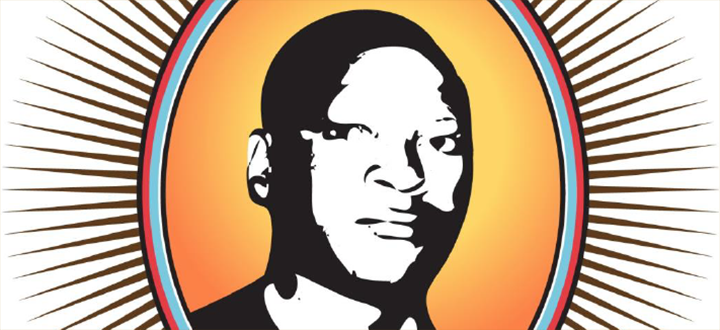 Unisa honours Dr OK Matsepe's enduring legacy
Unisa honours Dr OK Matsepe's enduring legacy
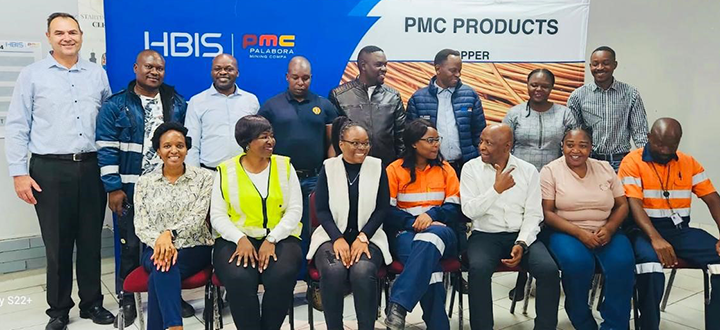 Great strides towards concretising Unisa-PMC partnership
Great strides towards concretising Unisa-PMC partnership
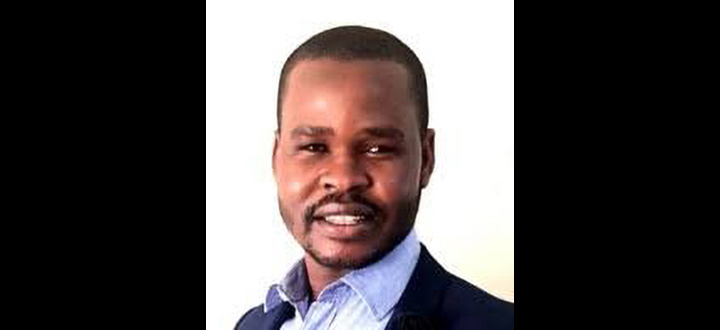 Mental health among men in the workplace needs more attention
Mental health among men in the workplace needs more attention
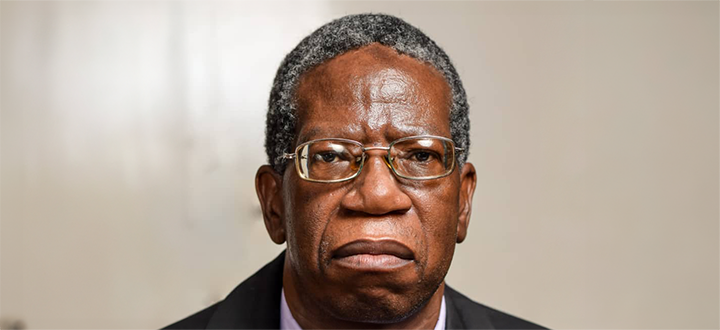 "I owe everything to Unisa and my late supervisor's priceless mentoring"
"I owe everything to Unisa and my late supervisor's priceless mentoring"
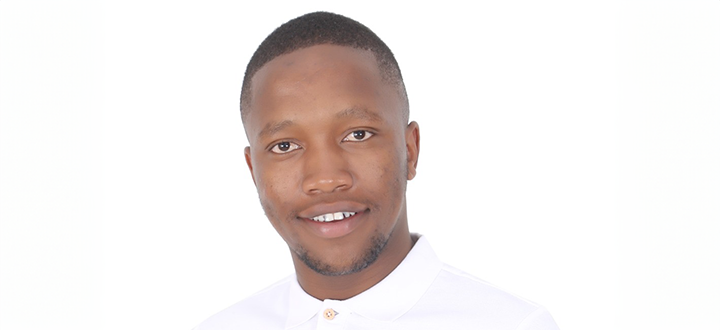 Majikijela - a queer scholar raising homosexuality awareness through his work
Majikijela - a queer scholar raising homosexuality awareness through his work